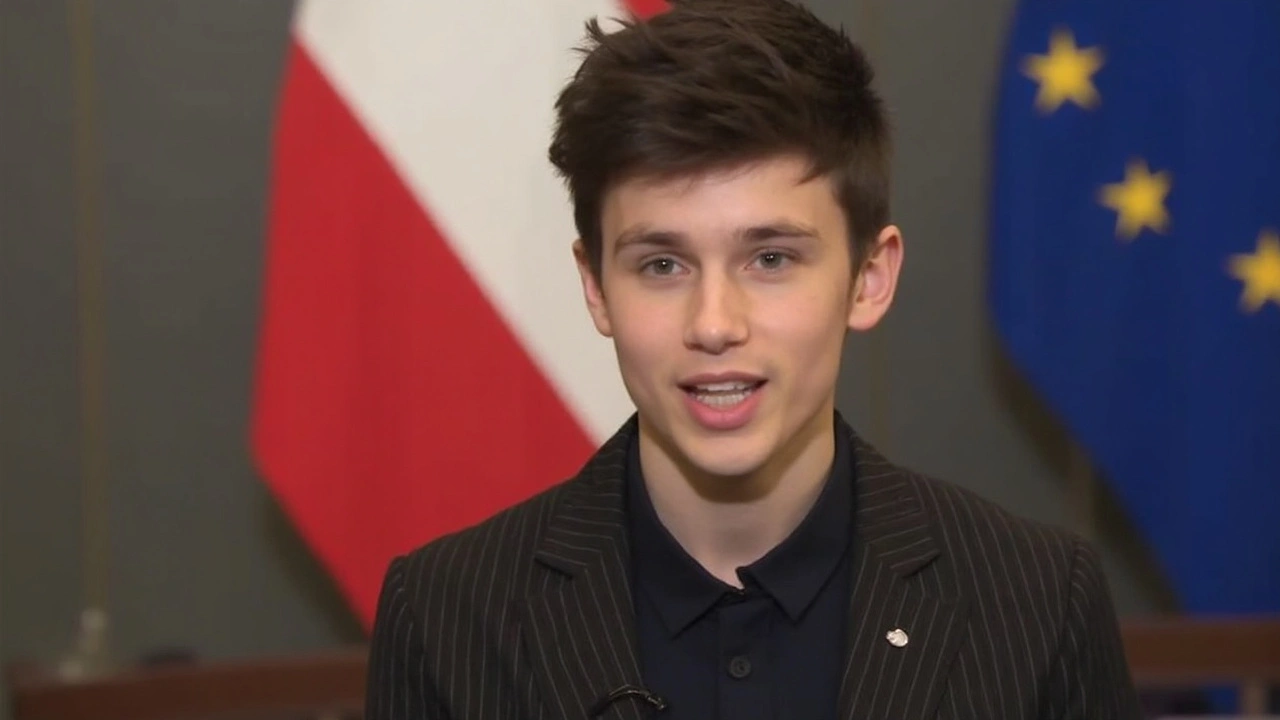Austria’s Eurovision Champion Puts Spotlight on Israel’s Participation
Fans tuning in to this year’s Eurovision probably didn’t expect the flames of political debate to burn brighter after the music stopped. That’s exactly what happened when Johannes Pietsch, better known by his stage persona JJ, dropped a bombshell just days after nabbing his Eurovision victory. The 24-year-old singer, known for his dynamic stage presence and multicultural background, stunned the audience—not during his winning performance, but in the aftermath, when he called for Israel to be left out of next year’s competition.
JJ’s remarks, made in an interview with Spain’s El País, swept across headlines throughout Europe. He questioned the legitimacy of Israel’s second-place finish, raising eyebrows about the voting process. To him, the whole system felt "very strange" this year. The voting left more than a few people wondering what really happened behind the scenes, especially since Israel’s performer, Yuval Raphael, secured points from nearly every participating country. And it’s not just JJ thinking something’s up; Belgium’s VRT, Ireland’s RTÉ, and Finland’s Yle have all openly demanded audits and more transparency after this year’s event.
Yuval Raphael, Israel’s contestant, came into Eurovision with a powerful story. He survived the devastating October 7 attack at the Nova music festival, and his entry, "New Day Will Rise," quickly became a symbol of hope. His supporters poured in, garnering Israel votes from 34 out of 38 countries. But not everyone’s buying that this was just a heartwarming victory of spirit—some think politics played too big a role.
Sparking a Battle Over Eurovision’s Neutrality
The European Broadcasting Union (EBU), which oversees Eurovision, has tried to calm the waters. They insist the voting went by the book, and they’ve doubled down on Eurovision’s apolitical stance. According to them, every single result was verified and they found no irregularities. But the chorus of critics keeps growing. JJ wasn’t alone in asking hard questions; Spain’s Prime Minister Pedro Sánchez also threw his support behind calls for Israel's ban, saying the precedent was set by kicking Russia out after its Ukraine invasion. If the rules were hard enough for Moscow, he argues, why not apply the same logic to Israel, given the ongoing military operation in Gaza?
The response has been explosive. Austria’s state broadcaster, ORF, which sent JJ to the competition, wasted no time separating themselves from his public statements, stressing that they’re only his opinion. Meanwhile, Jewish community leaders condemned JJ’s proposal, warning that dividing contestants along political lines could fuel tension instead of celebrating diversity.
This year’s drama is putting Eurovision’s supposed neutrality to the ultimate test. Some countries are seriously weighing whether it’s worth staying in the contest unless the way votes are counted gets a serious overhaul. If things keep going this way, Eurovision might have to decide: can it really stay out of politics, or is the contest itself becoming just another battleground?
